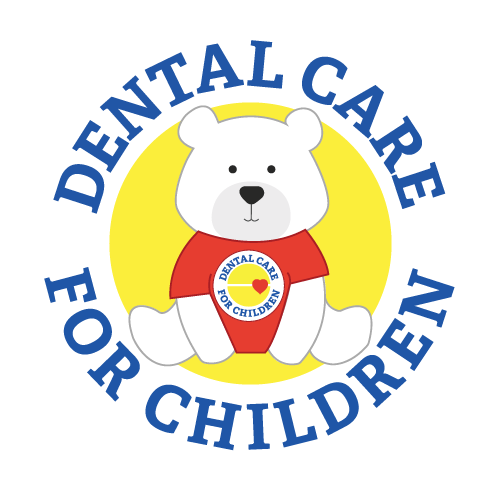Health Canada officials are sharing more details about the rollout of Canada’s first-ever federal dental benefit plan, for children under age 12. “Many children in low income households are not getting the dental care they need. But as parents we recognize that dental care is an essential part of children’s health and well being,” said Prime Minister Justin Trudeau during a news conference in London, Ont. on Thursday. Trudeau estimates it will help half a million Canadian children from low-income households to see the dentist.
As of Dec. 1, the Canada Dental Benefit is open for online applications to the Canada Revenue Agency (CRA) portal or via phone. “The plan was really to be able to get money into the hands of parents even before they actually go to the dentist because we know that some families don’t have the money upfront and can’t wait for reimbursement,” said Marika Nadeau, director general with dental task force with Health Canada.
CLARIFICATION ABOUT DENTAL BENEFIT
Nadeau also provided clarification about the Canada Dental Benefit:
Applicants are not required to return any unused portion of the benefit back to CRA. Nor are they required to demonstrate or prove dental care was provided, but Health Canada does ask that receipts are kept for six years to as part of post-verification or in case the CRA calls in the future to validate eligibility. If there is a remaining balance because the costs of dental care was less than the benefit, Nadeau encourages parents and guardians to use those funds towards oral care services or items like toothbrushes or floss.
A previous CTV News story incorrectly stated that funds would be made available in 2023, Health Canada officials have clarified that funds can be transferred into a successful applicant’s bank account via the CRA in five business days, 10 -12 for cheque delivery. Health Canada adds that rolling out the benefit through the CRA ensures applicants meet the income threshold, and other eligibility criteria. As well, applicants who are currently covered by provincial or territorial programs may still be eligible for the federal benefit “so long as they have out of pocket costs for dental care services — costs which are not reimbursed under another federal, provincial or territorial government program,” said Mark Johnson, spokesperson for Health Canada.
“It’s pretty exciting, we all know that poor oral health can lead to a wide range of disease like cancer and cardiovascular disease and other things which can definitely have an impact on children,” said Nadeau.
She adds that she is hopeful this benefit will help low-income households access dental care with an oral health professional for their children. The Canada Dental Benefit will be expanded to other age groups and categories in future stages, more details on that can be found here.

